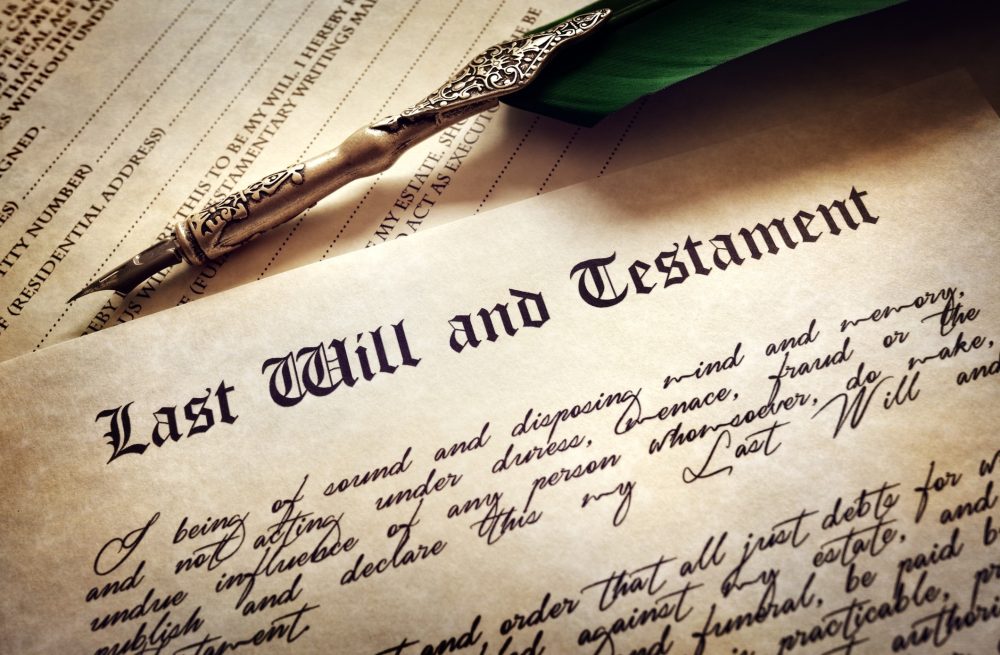Self-proving a Will is Among the many things to consider in the process of drafting a Will in New Jersey . When a Will is not self-proving, the process of probate is much longer. To make the waiting period as short as possible, and the entire process much smoother, consider drafting a self-proving Will.
When the testator of a Will passes away, the first step in administering the estate is probating the Will . A valid Will must be in writing and include two signatures from witnesses who can confirm the testator’s signature. If the document has all of these signatures, the next step is to validate those signatures. If a Will is not self-proving, the witnesses have to come forward to the Surrogate to prove they saw the testator sign the Will themselves. While witnesses serve to confirm the signature of the testator, there is no way of knowing if the signatures of the witnesses are valid without testimony. This process can be prolonged if the witnesses are difficult to reach, and complicated even further if they have since deceased. To avoid this problem, you can take a few extra steps to make your Will self-proving.
The main difference between self-proving a Will and one that isn’t is that when your done self-proving a Will it includes notarized signatures. That way, it is known immediately that the witness signatures are authentic, and therefore the testator’s is as well. In addition to notarized signatures, self-proving Wills require a self-proving affidavit clause. The state of New Jersey has recommended language to use in this clause. Though it isn’t required, it is helpful to ensure the clause is clear and valid. These aspects take a few extra steps, but are ultimately worth it when it comes time for the Will to be probated.
It is also possible to make the Will self-proving after its original execution. In order to do this, the testator would have to go before two witnesses and a notary, then state that the signature on the document is in fact theirs, that they signed it willingly, and that it was done at a time in which they were of 18 years or older. The witnesses and testator would then sign the added self-proving affidavit with the notary as a witness.
Self-proving Wills involve an extra step, but it is one worth taking to make the process easier for the testator’s loved ones. A self-proving Will ultimately saves a lot of time, money and effort for everyone involved.

